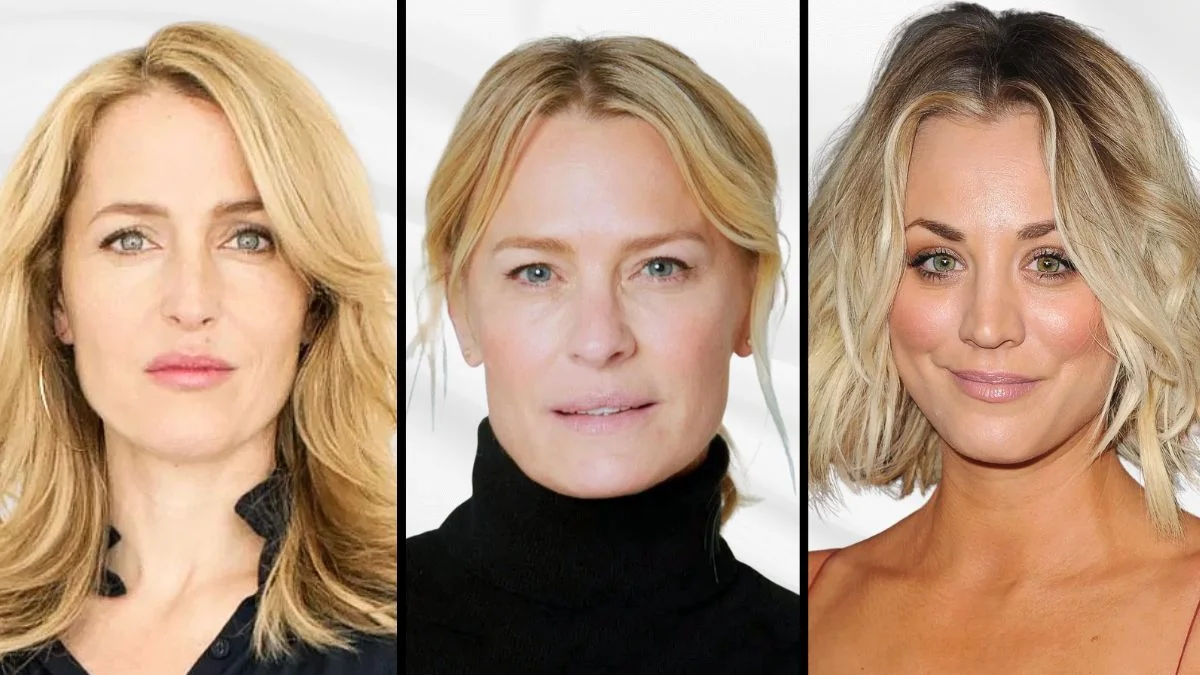
As a movie critic, I’ve watched with admiration as the conversation around equal pay in Hollywood has finally broken into the open. It’s no longer happening behind closed doors; actresses are leading the charge, and it’s incredibly effective. They’re not just asking for fair wages, they’re strategically using everything from contract negotiations to public statements, and even taking on producer roles to demand parity. We’re seeing this across the board – in ensemble TV shows, critically acclaimed dramas, and massive blockbuster franchises. What’s particularly powerful is their willingness to openly discuss salaries and profit participation. Some have even successfully negotiated retroactive pay adjustments once discrepancies were revealed, while others are building parity directly into future projects from the start. They’re essentially rewriting the rules of dealmaking, creating new standards that agents and studios are now using industry-wide. It’s a real shift, and a welcome one.
Patricia Arquette
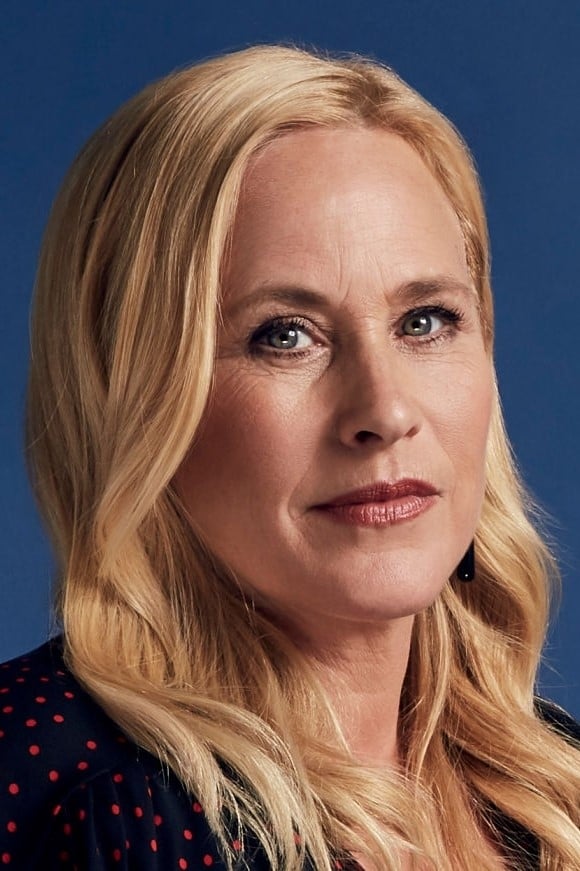
Patricia Arquette sparked a crucial conversation about equal pay in Hollywood when she spoke about it while accepting her Oscar. This led to discussions and new agreements on several projects, including requirements for fair pay and clear bonus structures. She also worked with groups that collect salary information to help create standard, equitable contract terms. Her comments even prompted film studios to re-examine how they distribute profits and bonuses to actors.
Michelle Williams

After experiencing a significant pay difference during reshoots for ‘All the Money in the World,’ Williams worked with her union to advocate for fair and consistent pay for reshoots. The attention her case received prompted reviews of how overtime and daily allowances were handled for leading actors. Since then, she’s championed agreements that guarantee equal pay for her fellow cast members. Ultimately, her work has made it more common to openly discuss and agree upon reshoot pay rates before filming begins.
Charlize Theron
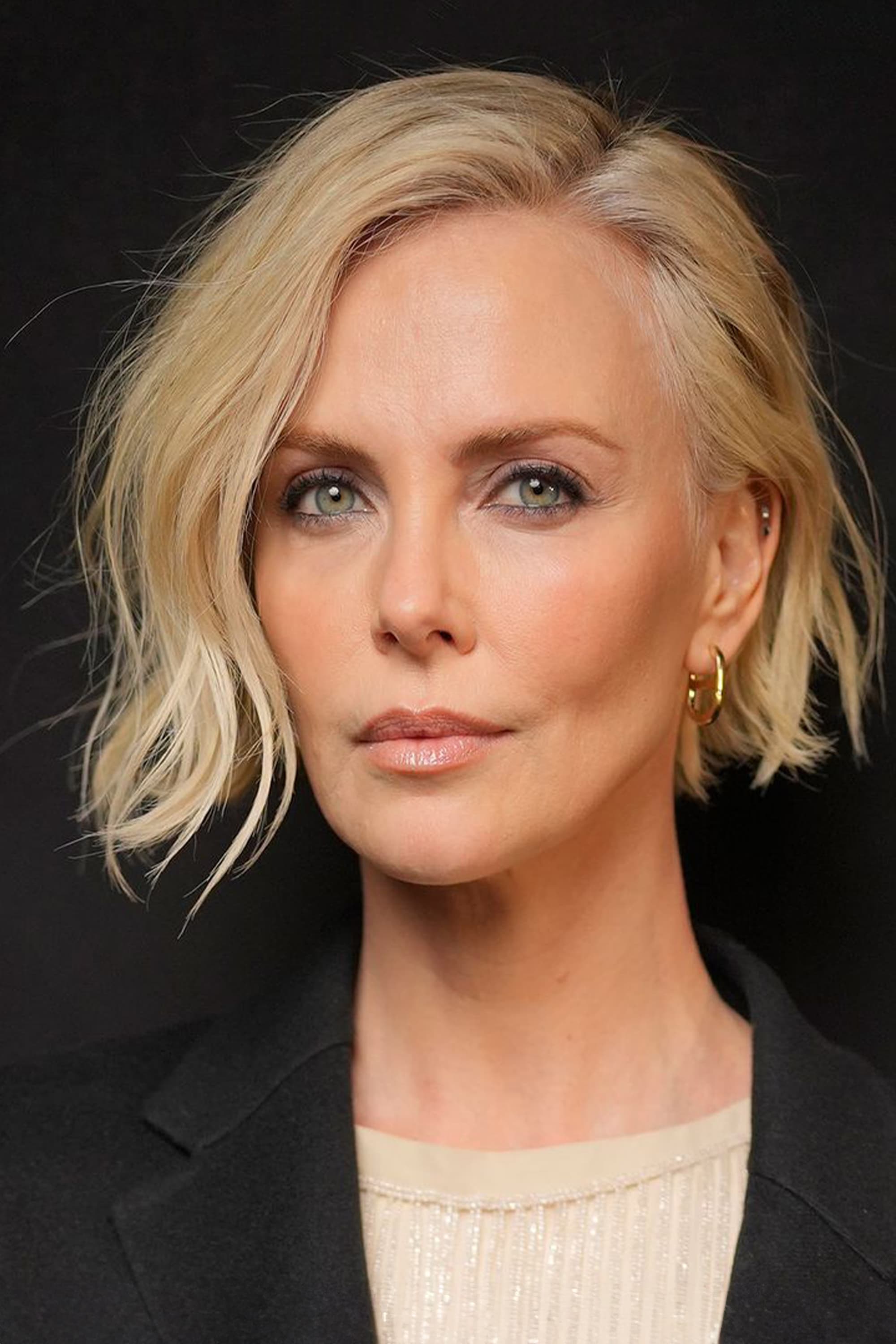
Theron discovered a pay disparity on a film project and advocated for equal base pay and a similar creative role as her male co-star in ‘The Huntsman: Winter’s War’. Since then, she’s consistently requested contract language ensuring equal pay for herself when starring in and producing films. Her team now specifically asks for clear definitions of how revenue is shared to guarantee fair participation in profits, and these requests have become a standard for other leading women in action movies.
Robin Wright
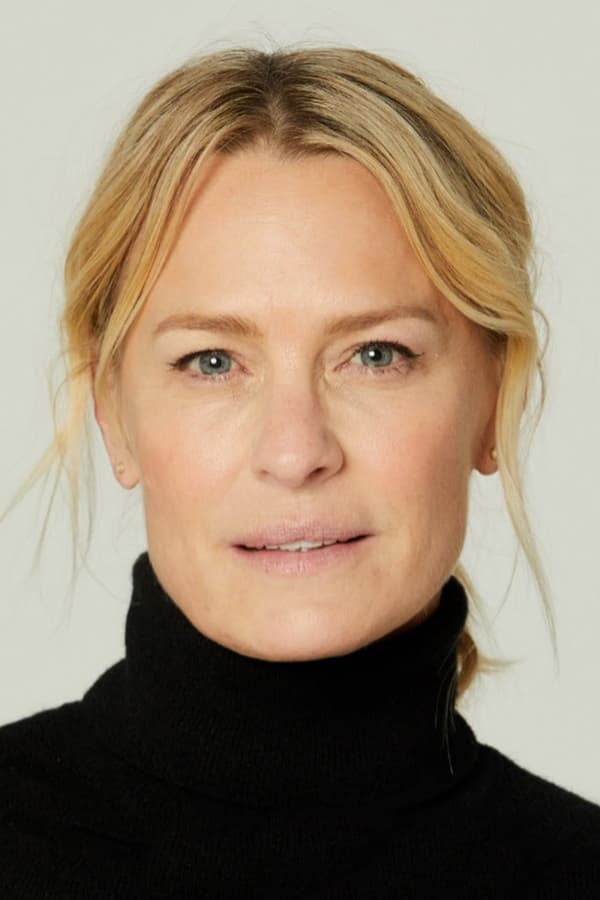
Robin Wright successfully negotiated equal pay with Kevin Spacey on ‘House of Cards’ by proving her character was a major draw for viewers and central to the show’s plot. She asked for data showing how well her character performed, and used that information to argue for equal pay during contract renewals. The show then revised its contracts to ensure the main actors received similar raises each season. This showed how using viewership numbers can justify requests for better compensation.
Gillian Anderson
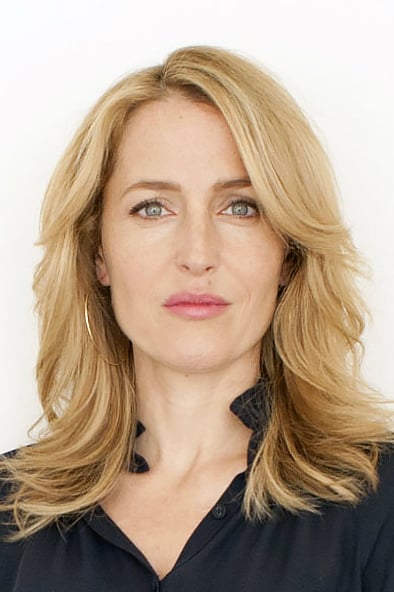
Gillian Anderson was initially offered less money than David Duchovny for the revival of ‘The X Files’ and wouldn’t agree to participate until they were paid equally. This led the studio to reconsider how they handled deals for returning actors on older shows. Now, she routinely includes clauses in her contracts for limited series ensuring she receives equal pay. Her experience highlighted the importance of addressing past pay inequities when bringing shows back to television.
Claire Foy
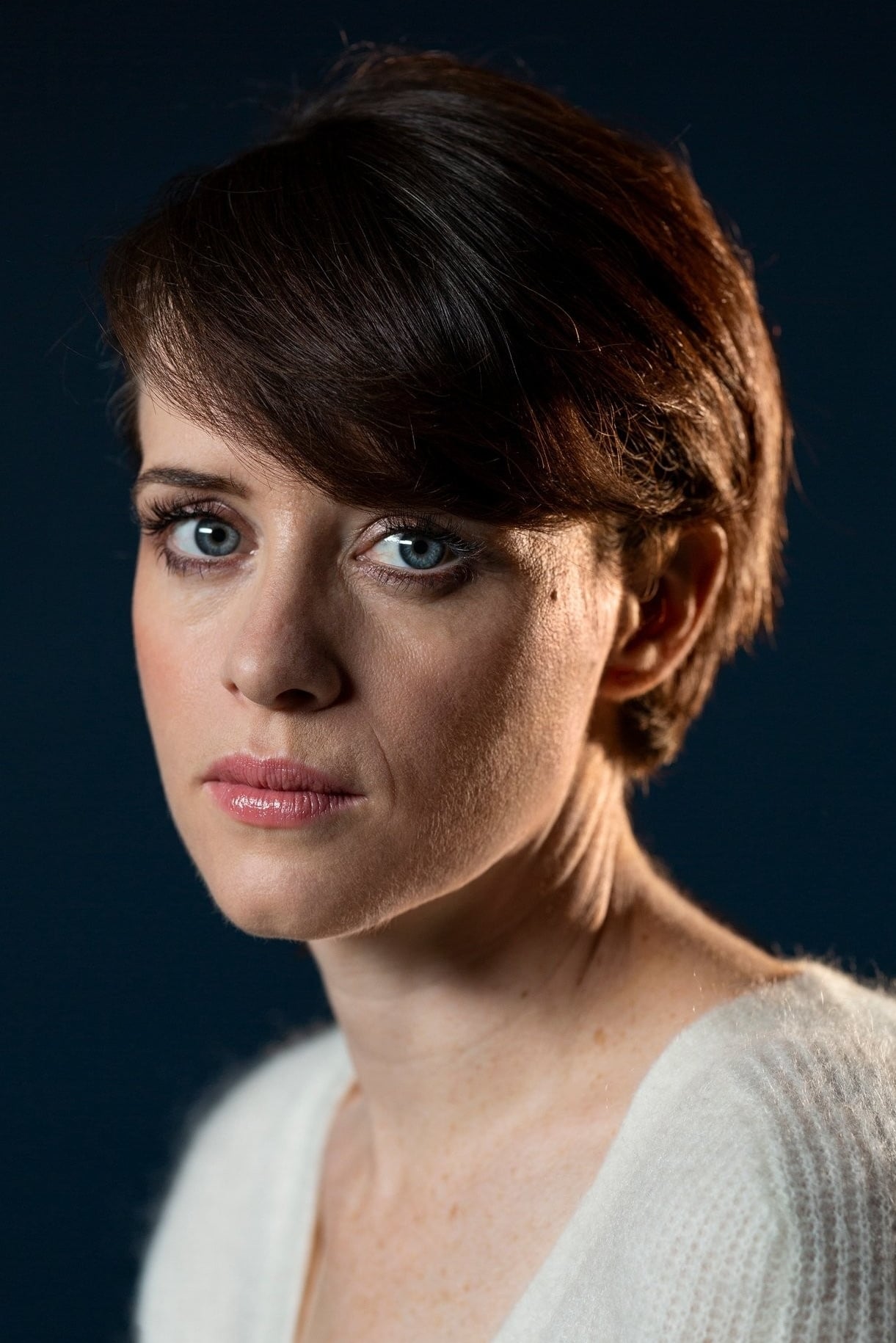
Early in the series ‘The Crown,’ it became public that actress Vanessa Foy was paid less than her male co-star. Producers then gave her back pay to correct the difference. This situation prompted the production company to create a formal policy ensuring equal pay for all actors moving forward. From then on, all lead actors were negotiated with a baseline of equal pay. The situation became a well-known example of how to fix pay disparities once they’re brought to light.
Ellen Pompeo
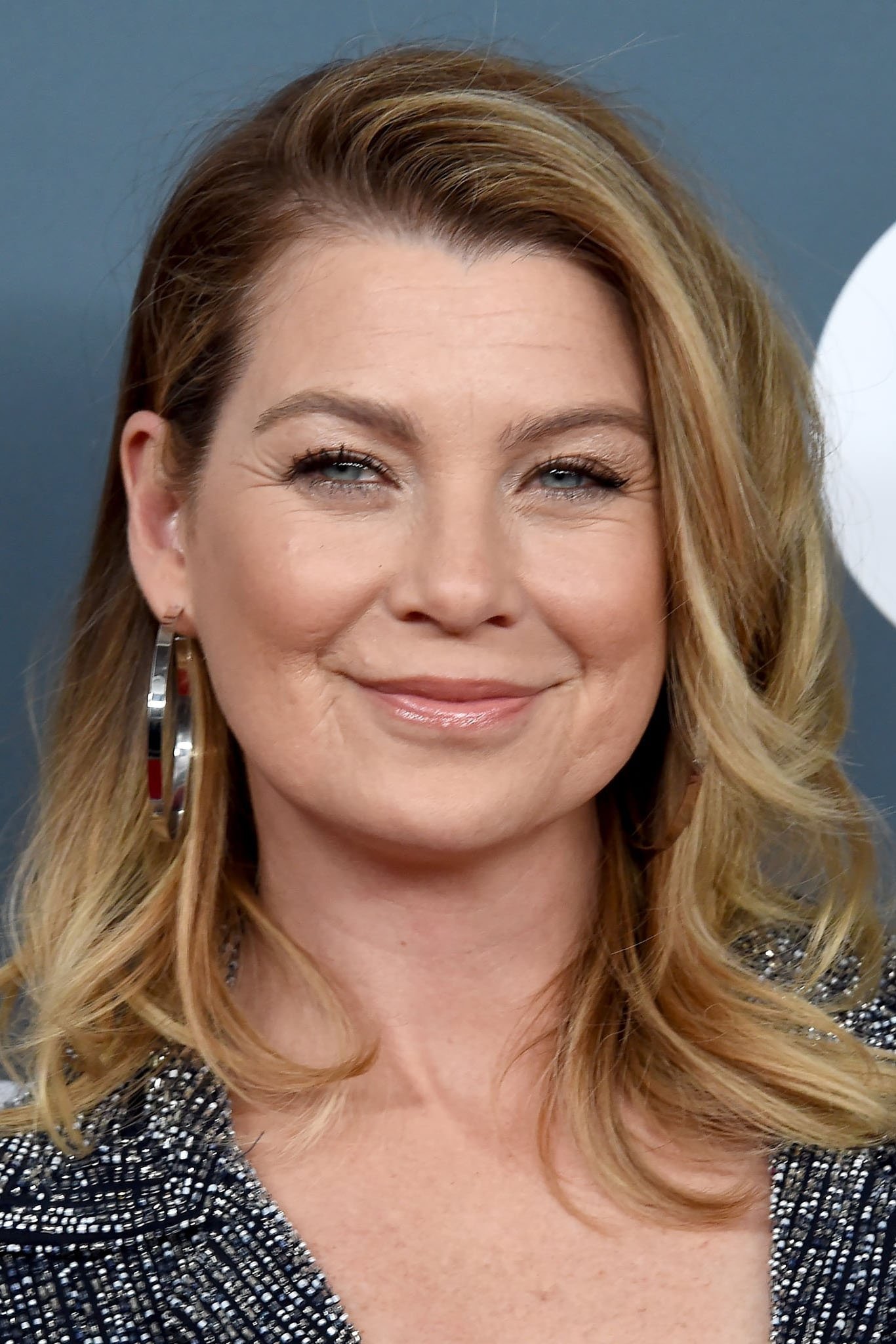
Pompeo secured a groundbreaking deal for ‘Grey’s Anatomy’ that included a substantial salary per episode, production fees, and a share of the show’s profits. She publicly shared the details of her contract to help other actresses understand their worth and negotiate better deals. The agreement acknowledged her significant contribution to the show’s success and established minimum terms for future contract talks. Ultimately, her deal changed how long-running TV series actors are compensated.
Kaley Cuoco

Kaley Cuoco and the main cast of ‘The Big Bang Theory’ worked together to ensure everyone earned equal pay. They negotiated as a group during contract renewals to avoid any unfair differences in salary. In later seasons, they also agreed to share a percentage of the show’s profits equally. This collaborative approach to fair pay is now often used as an example for other ensemble casts.
Jennifer Lawrence
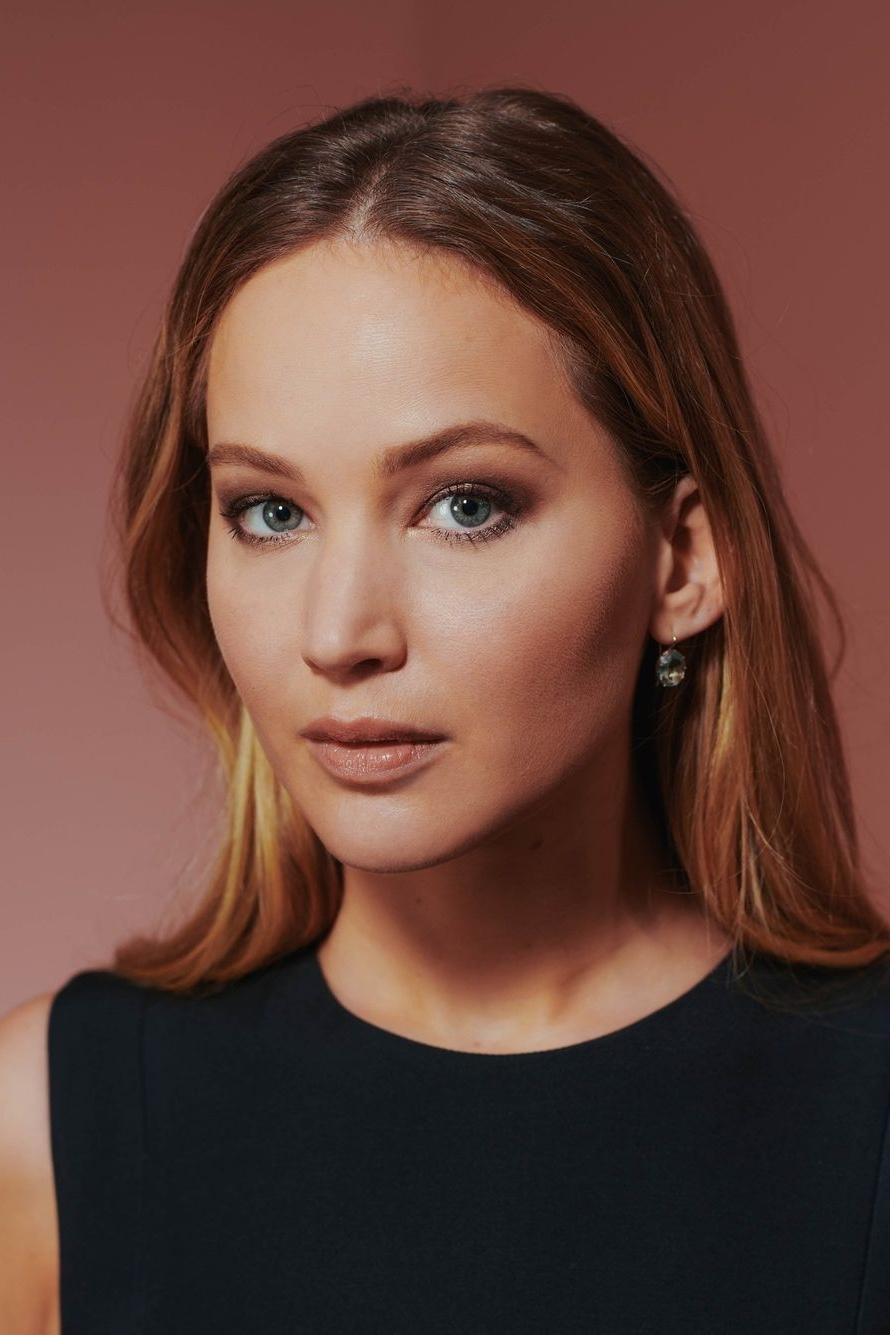
After private emails revealed she was paid less than her male colleagues in ‘American Hustle’, Lawrence wrote a popular essay addressing the issue. Following this, she began requesting equal pay clauses in her contracts and bonuses based on a film’s box office success. Her representatives also started routinely sharing information about how much other actors were paid during negotiations. This situation helped spark a broader industry discussion about open and honest profit-sharing practices.
Natalie Portman
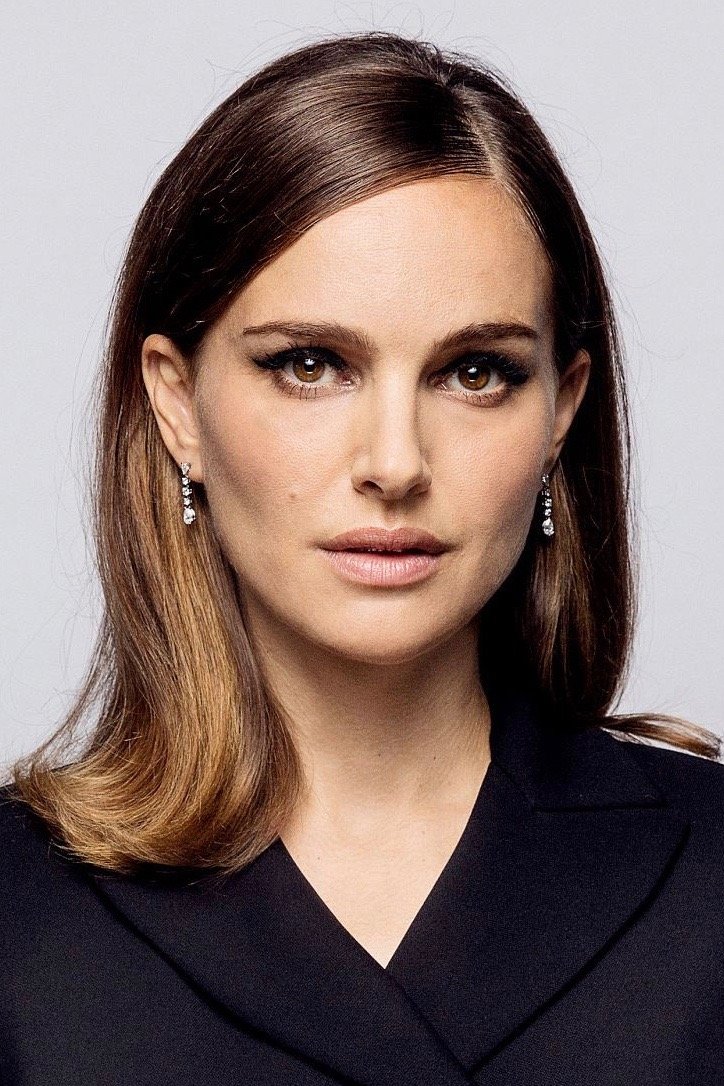
Portman revealed she earned much less than her male counterpart in a romantic comedy, which changed how she negotiated future contracts. She now insists on clear bonus structures for all leading actors, regardless of gender. In her own production work, she makes sure budgets are fair from the start. She also believes that making salary information public will help prevent unfair pay gaps.
Emma Stone

Stone has encountered situations where male colleagues voluntarily lowered their salaries to ensure she received equal pay, and she now proactively includes pay equity terms in her contracts. Her team also advocates for equal credit when awards or reviews suggest comparable work. Furthermore, she insists on access to financial records to confirm fair compensation, and she’s extended these principles to her production company.
Octavia Spencer
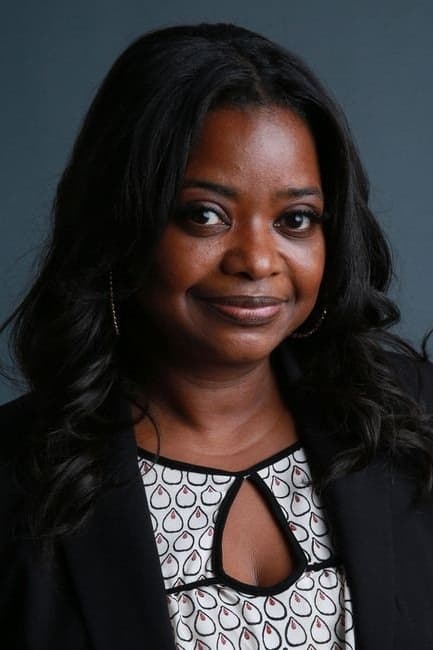
Spencer skillfully negotiated alongside Jessica Chastain for a comedy film, successfully increasing Chastain’s fee fivefold and establishing a new standard for fair contracts for women of color. Since then, Spencer has championed group negotiations, aiming to raise the pay for all leading women collectively. She frequently includes clauses in her contracts requiring pay transparency among the main cast, which helps to address historical pay disparities caused by a lack of information.
Jessica Chastain
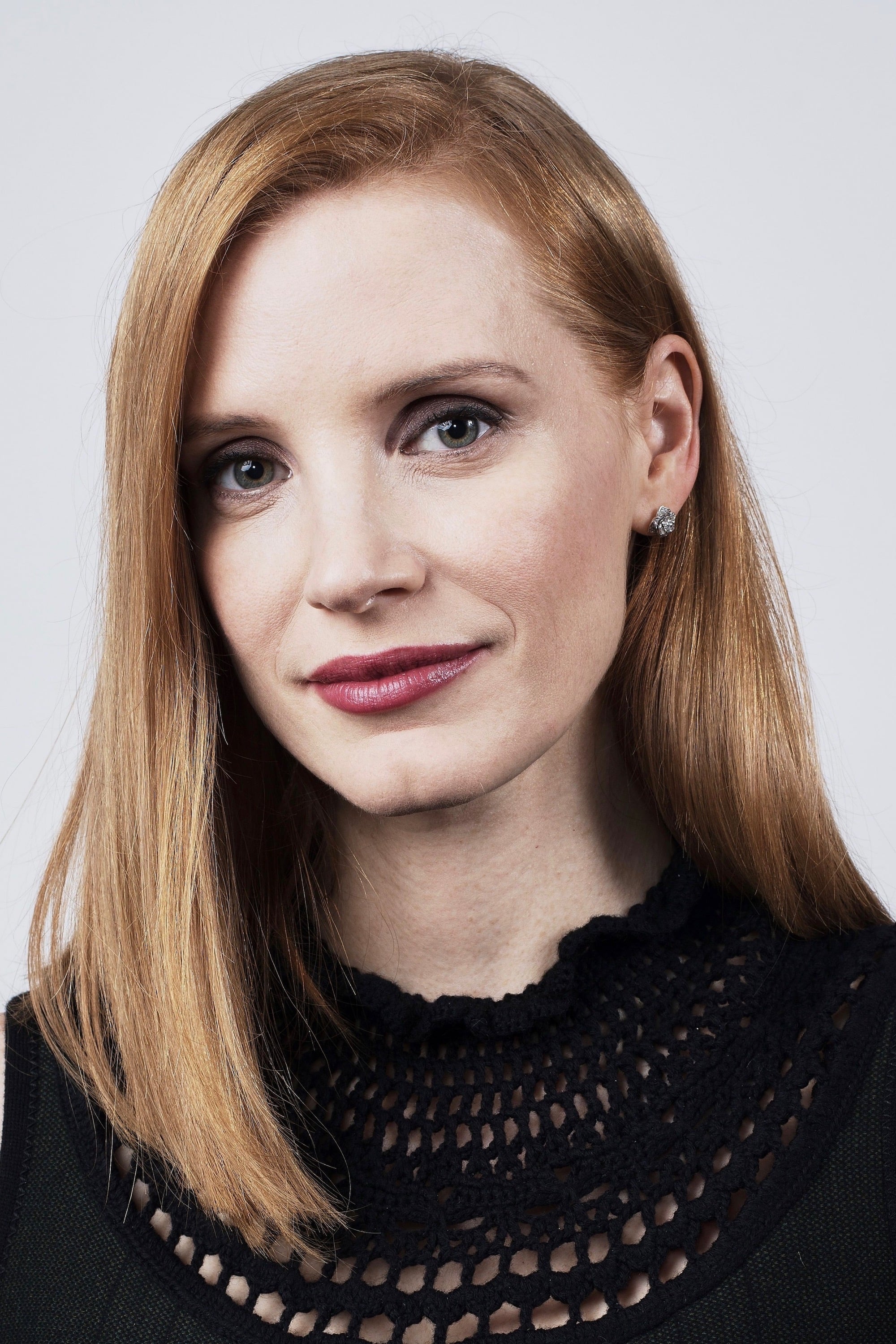
Chastain used her own salary to ensure a fellow actor received equal pay, and now actively includes clauses in her contracts requiring equal pay for all female co-stars. She focuses on projects where she has control over how money is distributed, and her contracts frequently guarantee equal billing and equal pay. She’s extended these practices to the films she independently finances.
Viola Davis
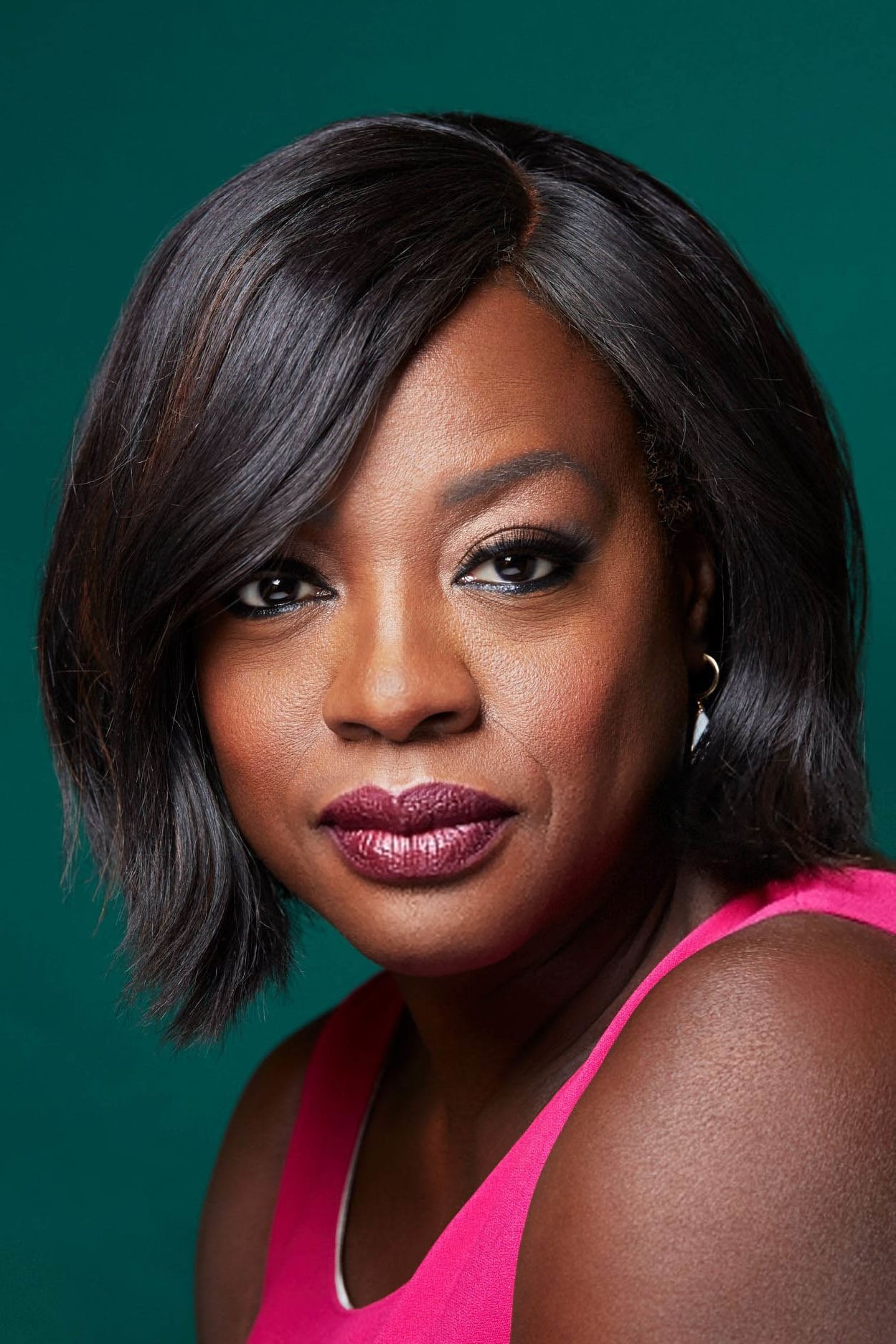
Davis has consistently received lower salary offers than expected, given her experience and accomplishments. Now, she negotiates her pay based on her awards and the commercial success of her films, using data to support her requests. She also advocates for fair pay for all actresses, ensuring equitable fees for supporting roles in her production deals and consistently referencing comparable salaries for similar positions.
Taraji P. Henson
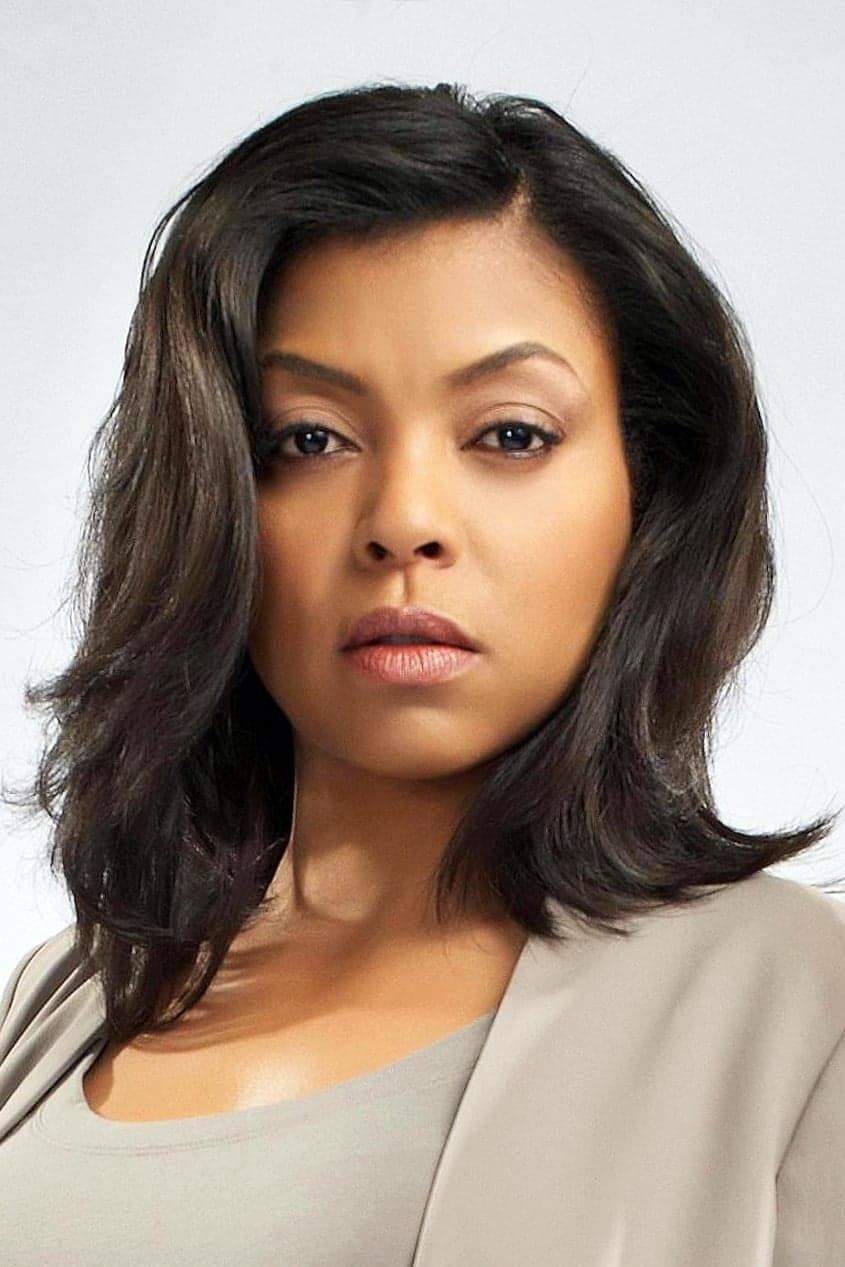
Henson revealed she was paid much less than anticipated for a large film, which motivated her to negotiate better compensation on future projects. While working on ‘Empire,’ she successfully secured pay increases tied to the show’s performance. She also champions equal and consistent travel and daily expense allowances for all leading actors, and now ensures her contracts clearly define how performance bonuses are earned.
Kerry Washington
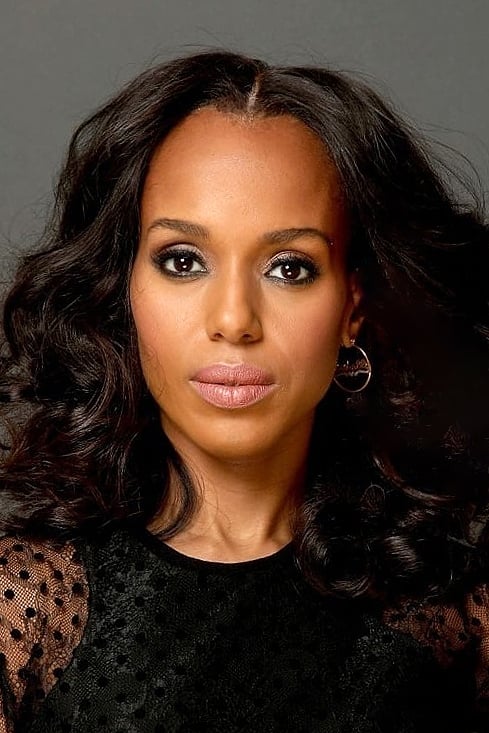
I’ve been following Kerry Washington’s career, and I’m really impressed with how she’s taken control behind the scenes on ‘Scandal.’ It wasn’t just about being in front of the camera; she stepped into a producer role to make sure her pay reflected everything she was doing for the show and the value she brought. She also made sure everyone working with her—guest stars and those with recurring roles—were treated fairly. She even negotiated agreements that guarantee equal promotion, which can affect their bonuses! It’s a really comprehensive approach – she believes compensation should be based on what people contribute to the show, not just how much screen time they get.
Reese Witherspoon
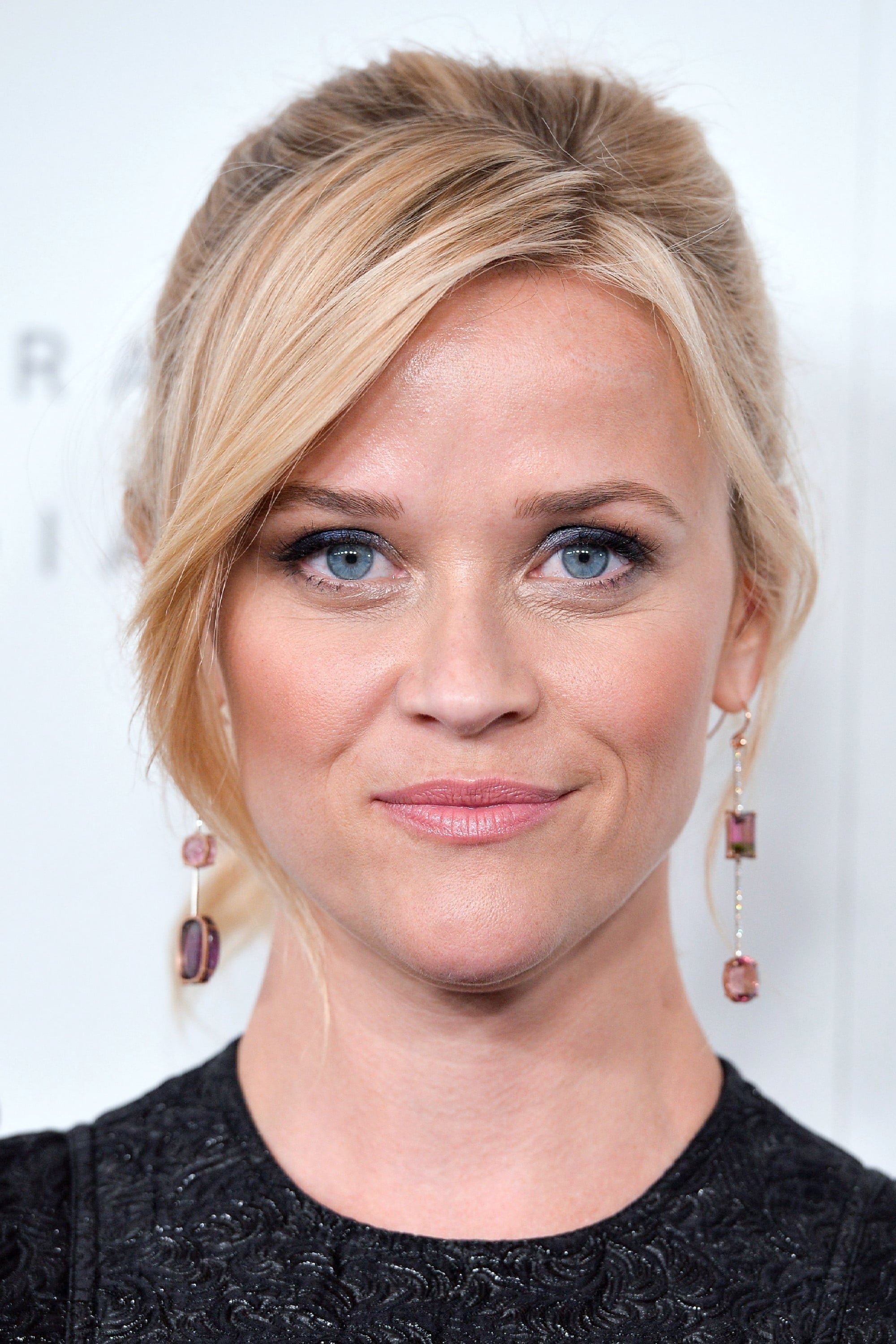
Reese Witherspoon’s production company develops shows like ‘Big Little Lies’ and ensures all lead actors are treated equally from the very beginning. She sets minimum salaries and gives all actors the same amount of screen time. Profit-sharing is also divided fairly among the cast to prevent any one person from having more power later on. These practices are maintained even when the shows are sold to streaming services or networks.
Scarlett Johansson
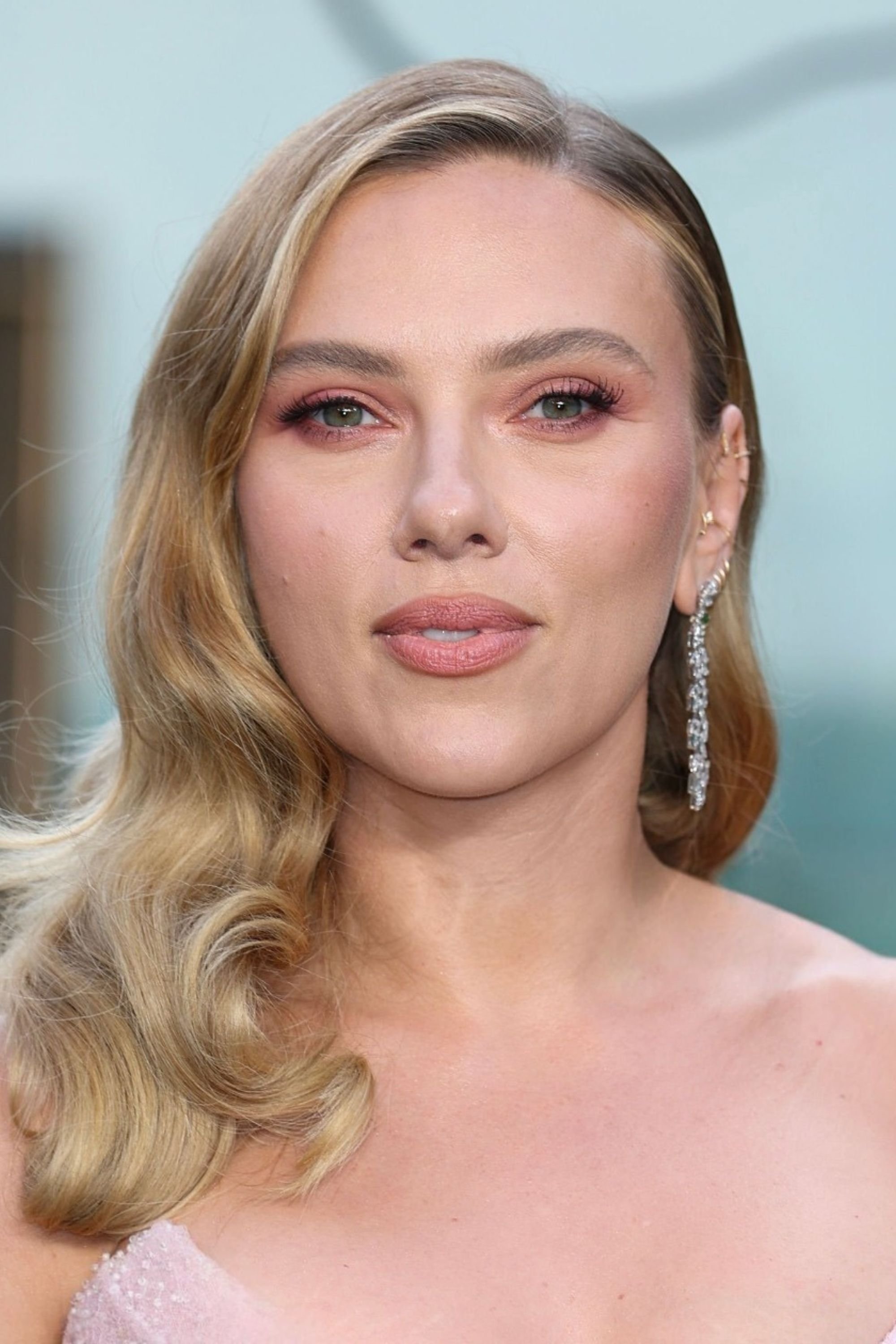
Scarlett Johansson sued Disney over the release of ‘Black Widow,’ which was released in theaters and on their streaming service at the same time. This affected how much money she earned from the film. The issue was resolved with a settlement, and it led to more precise agreements about how streaming releases impact actor bonuses. Now, her contracts clearly explain how different release methods affect her earnings, ensuring fair compensation.
Salma Hayek Pinault
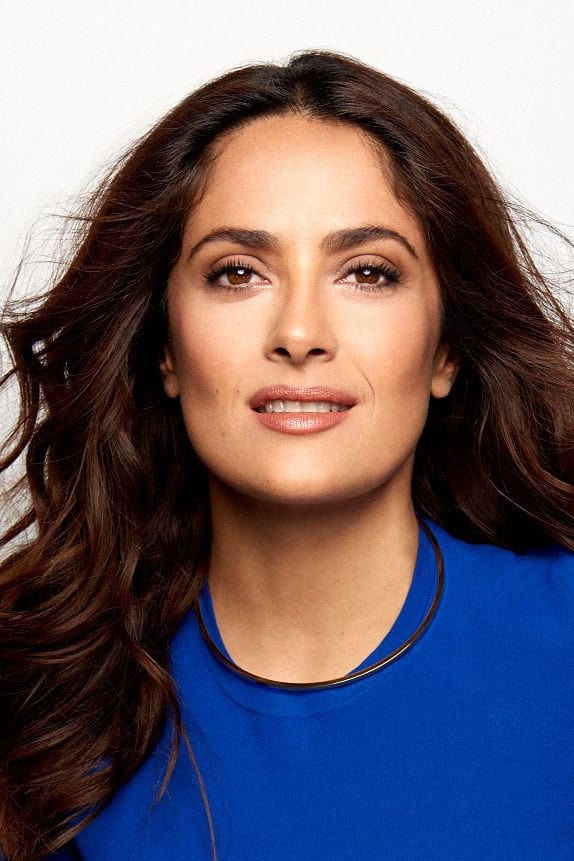
Hayek has publicly discussed experiencing pay inequality compared to her male colleagues and is now using her position as a producer to advocate for equal pay on film sets. She suggests establishing fair salary structures during the initial budget planning, before actors are cast. Her contracts frequently include provisions for mentorship and diversity initiatives, which she links to equitable compensation. She also champions openness about salaries in international film projects, where pay gaps often become more pronounced.
Gabrielle Union
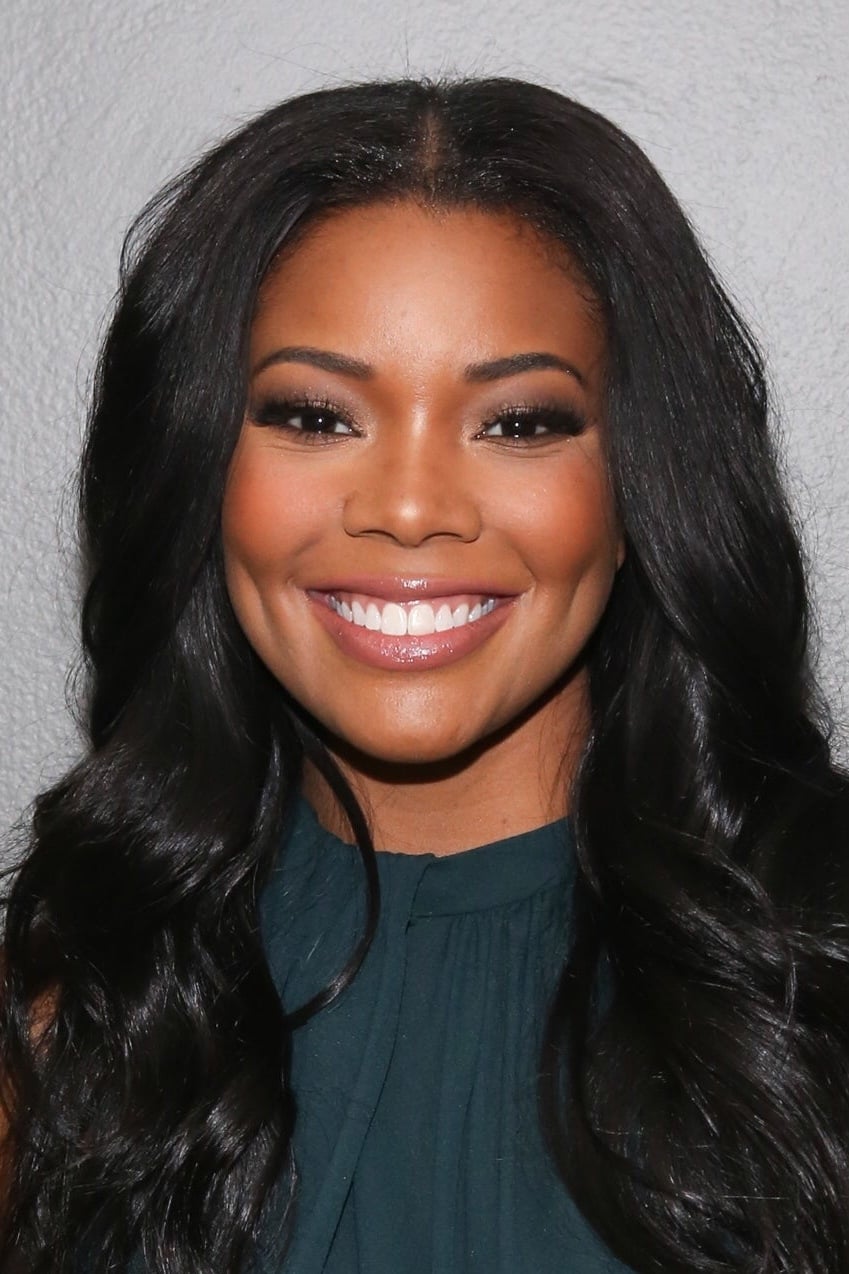
Union fought against unfair treatment during a reality TV competition and then applied those lessons to her scripted projects by demanding equal pay reviews. She successfully negotiated the power to control salary ranges for the actors she hires, and her contracts now include safeguards to protect performers who speak up about pay issues. This approach has ensured fairer compensation on her recent television shows.
Alright, folks, I’ve seen a lot of great stories lately, and I’m really curious to hear which ones stuck with you. What really moved you, what did you connect with? And don’t be shy – if there’s someone I missed, a creator or a story that deserves some love, let me know in the comments! I want to hear your picks.
Read More
- 39th Developer Notes: 2.5th Anniversary Update
- Live-Action Movies That Whitewashed Anime Characters Fans Loved
- Shocking Split! Electric Coin Company Leaves Zcash Over Governance Row! 😲
- Celebs Slammed For Hyping Diversity While Casting Only Light-Skinned Leads
- The Worst Black A-List Hollywood Actors
- Quentin Tarantino Reveals the Monty Python Scene That Made Him Sick
- TV Shows With International Remakes
- All the Movies Coming to Paramount+ in January 2026
- Game of Thrones author George R. R. Martin’s starting point for Elden Ring evolved so drastically that Hidetaka Miyazaki reckons he’d be surprised how the open-world RPG turned out
- Gold Rate Forecast
2025-11-18 06:48